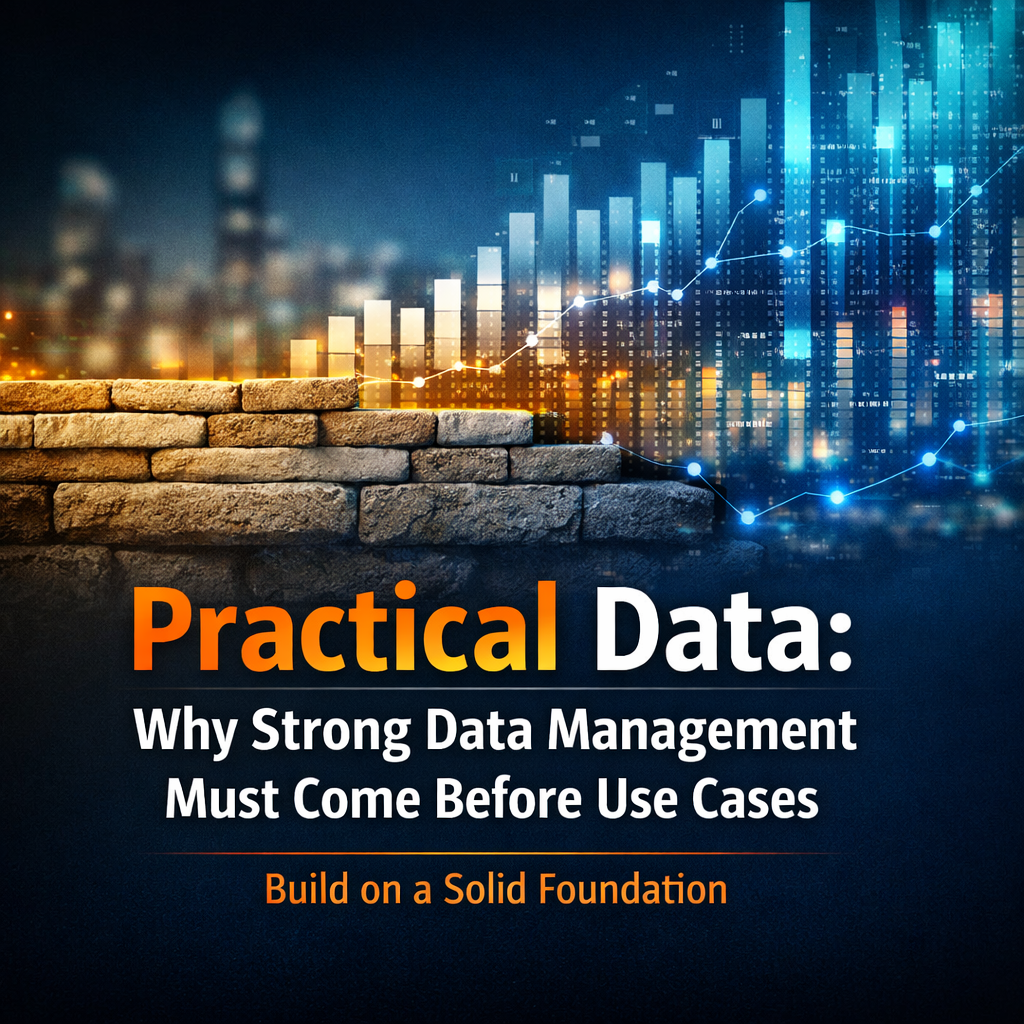Practical AI: Never Write your own Prompt!
This is probably the most valuable lesson I learnt a couple of weeks ago and have been using this for larger research ever since. Don't write your own prompts; instead, let AI write your prompts for you. AI knows what AI needs. Below are three reasons why you should not write your own prompts, along with an example. Is this the end!?
Three Reasons why you should not write your own prompts
AI Knows What AI Needs
Crafting the perfect prompt is half science, half art—and machines know their own language best. AI understands the structure, specificity, and sequencing required to produce high-quality outputs. Letting AI generate your prompt ensures it's optimized for the model’s capabilities, not human guesswork.
You Avoid Blind Spots and Bias
Humans often write vague, biased, or overly complex prompts without realizing it. AI-generated prompts can neutralize that, ensuring clarity and neutrality, particularly in professional or technical use cases where nuance is crucial.
You Save Time and Get Better Results
Why waste time trial-and-erroring your way through prompt writing? Feeding your intent to AI and asking it to generate a refined, targeted prompt streamlines the process, producing more accurate, actionable outputs on the first try.
Bonus Tip
Obviously, you don't have to use the resulting prompt as-is. As with all things AI take ownership of the output yourself, review it, tweak it, make it your own before you finally use it.
Example
I used this approach with a recent project i was working on to automate research on Data Management topics with Perplexity.com
This is the initial prompt I entered into Perplexity:
Write a prompt that can be used on a weekly basis to perform deep research on Data Management, Data Governance, as it relates to data analytics and artificial intelligence. The aim is to identify new and interesting topics in research papers, blogs, and articles that discuss new ideas and innovations that have not been covered before.
This is what perplexity returned.
Each week, conduct deep research to discover the most recent and innovative developments in data management and data governance, specifically in the context of data analytics and artificial intelligence. Search for new research papers, technical blogs, and industry articles published within the last 12 months. Focus on:
Novel frameworks, methodologies, or tools for data governance and management in AI/analytics.Emerging challenges (e.g., ethical, technical, regulatory) that are gaining attention but are not yet mainstream.Innovative solutions or case studies that address data quality, lineage, privacy, compliance, or trust in AI systems.Cross-disciplinary approaches or integrations (e.g., combining data governance with machine learning operations, or privacy-preserving analytics).Early-stage academic research or thought leadership that hints at future trends.
For each finding, provide:
A concise summary of the new idea or innovation.The source (title, author, publication, and date).An explanation of why this topic is significant and how it differs from previously covered material.
Avoid repeating topics that have been previously reported unless there is a substantial new development or perspective.
To which I adjusted
Conduct deep research to discover the most recent and innovative developments in data management and data governance, specifically in the context of data analytics and artificial intelligence. Search for new research papers, technical blogs, and industry articles published within the last 1 month. Focus on:
Novel frameworks, methodologies, or tools for data governance and management in AI/analytics.Emerging challenges (e.g., ethical, technical, regulatory) that are gaining attention but are not yet mainstream.Innovative solutions or case studies that address data quality, lineage, privacy, compliance, or trust in AI systems.Cross-disciplinary approaches or integrations (e.g., combining data governance with machine learning operations, or privacy-preserving analytics).Early-stage academic research or thought leadership that hints at future trends.
For each finding, provide:
A concise summary of the new idea or innovation.The source (title, author, publication, and date).An one paragraph explanation of not more then 50 words, of why this topic is significant and how it differs from previously covered material.
Avoid repeating topics that have been previously reported unless there is a substantial new development or perspective.
You can see the results of this analysis below:

Latest Developments in Data - June 2025
Continuing in the series of trying out he latest automated research capabilities through AI. This month's comprehensive automated research report from Perplexity examines recent innovations and trends in data management and data governance. The perplexity prompt for this report is included at the end.

 By
By


